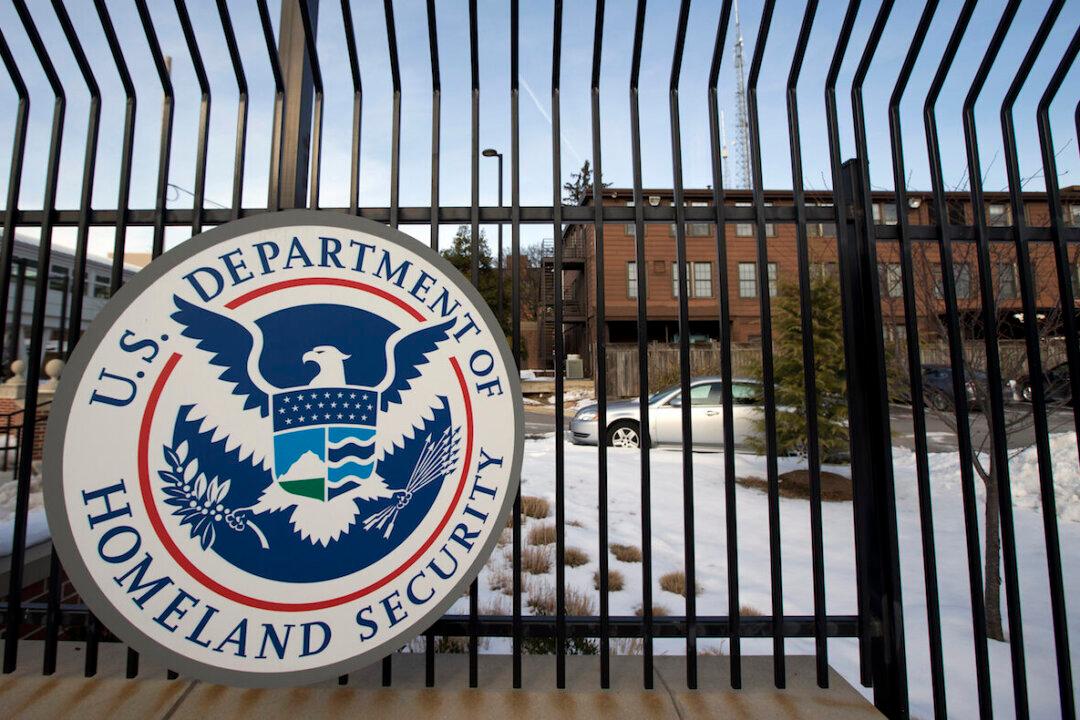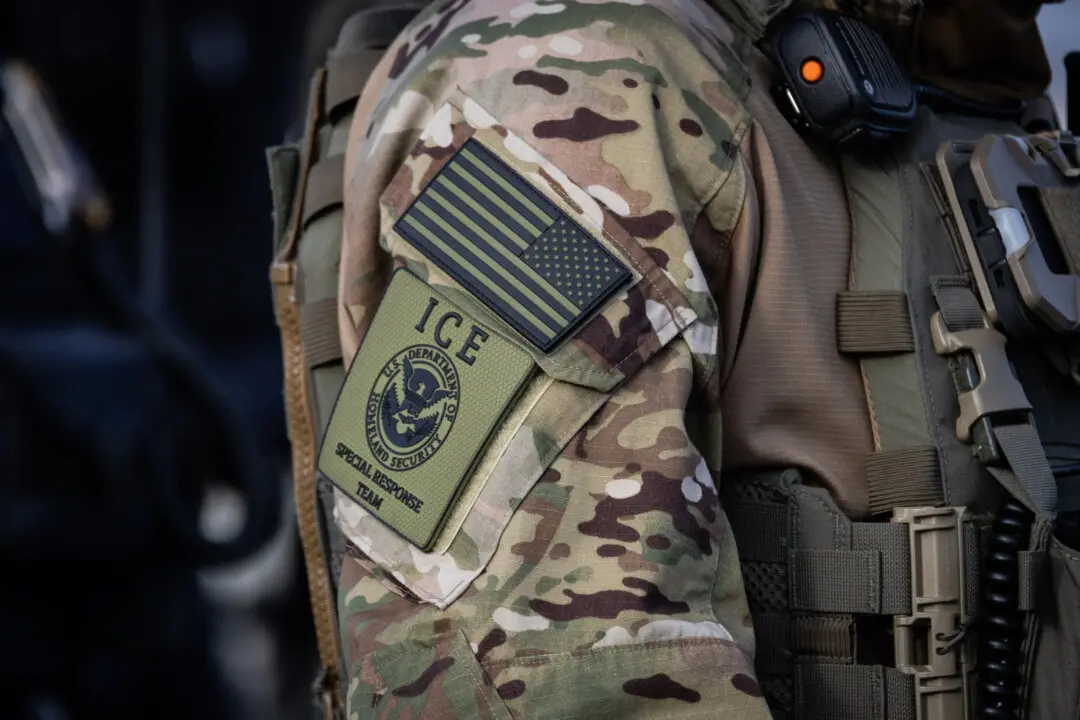The Department of Homeland Security (DHS) on Oct. 27 published a proposed rule change to the H-1B guest worker program, seeking to replace the random, lottery-based system with a hybrid arrangement that prioritizes higher-wage applicants.
The DHS stated in a modified draft rule on registration requirements for people seeking to file H-1B petitions (pdf), which will be opened for public comment once published in the Federal Register, that it would give top priority to applicants “based on the highest Occupations Employment Statistics (OES) prevailing wage level.”





